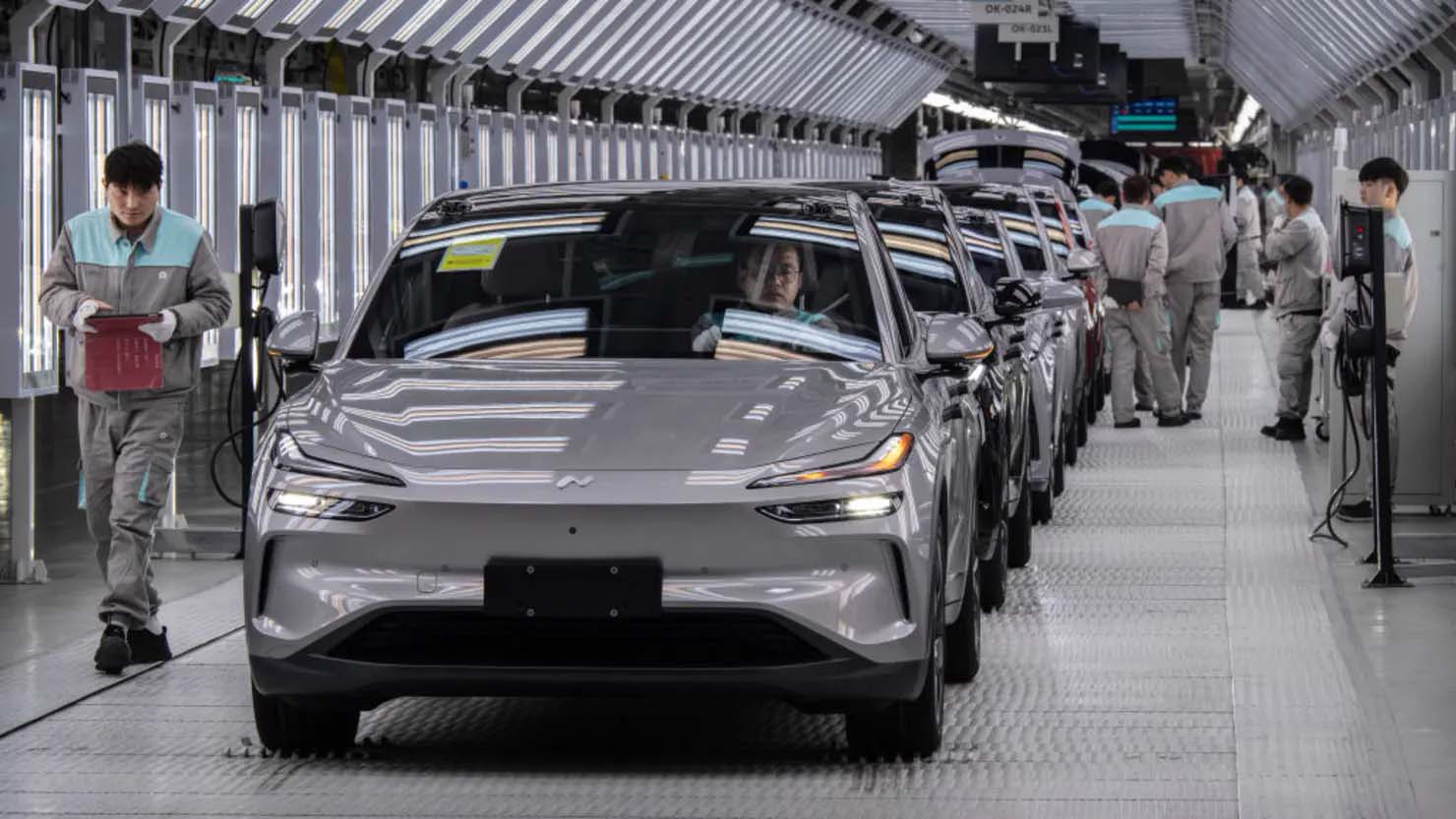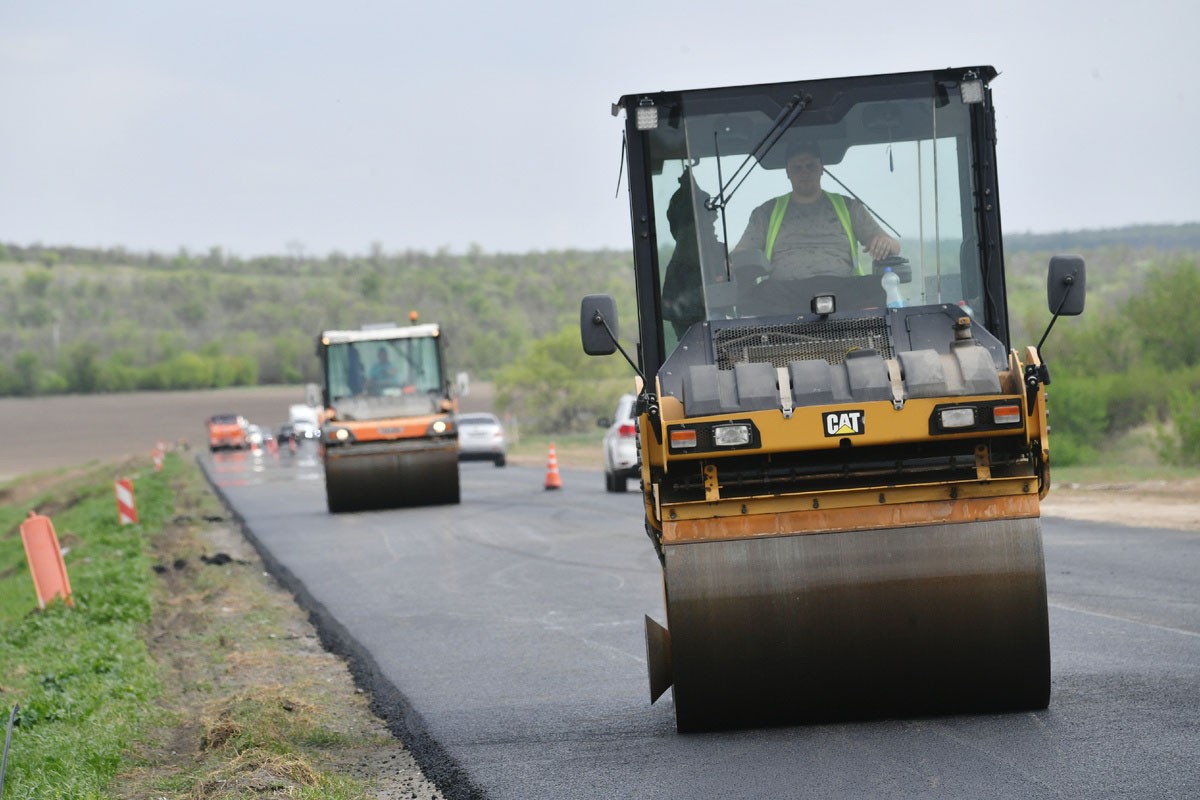San Francisco is becoming one of the first megacities to officially scale up the implementation of generative artificial intelligence in urban governance. Starting in July 2025, approximately 30,000 municipal employees, including social workers and medical staff, will have access to the Microsoft Copilot system built on GPT-4o. This decision was made on the basis of a successful pilot project, in which the productivity of employees increased by 5 hours per week.
With high staff costs, a complex language environment (more than 42 languages are spoken in the city), and a growing number of calls to public support services, Copilot will be used to automate report preparation, data analytics, and real-time message translation. According to Mayor Daniel Leury, artificial intelligence will allow the city to respond faster to residents ' requests and reduce the burden on officials.
The project is particularly important in the context of the rapid growth of interest in the practical application of AI in the field of management and public services. Despite the fact that San Francisco is a center for the development of advanced technologies, the authorities decided to use an already licensed solution from Microsoft, which saves the city budget from additional costs.
The Copilot implementation program began after the mayor's meeting with representatives of major technology companies and is based on a digital transformation strategy aimed at improving the efficiency of urban structures. A test run based on the 311 service showed that AI can significantly speed up work with requests for garbage collection, homelessness issues, and other acute social topics.
San Francisco aims to become a global benchmark for digital governance. "We will show other cities how to use this technology for the benefit of citizens," said Leury.











